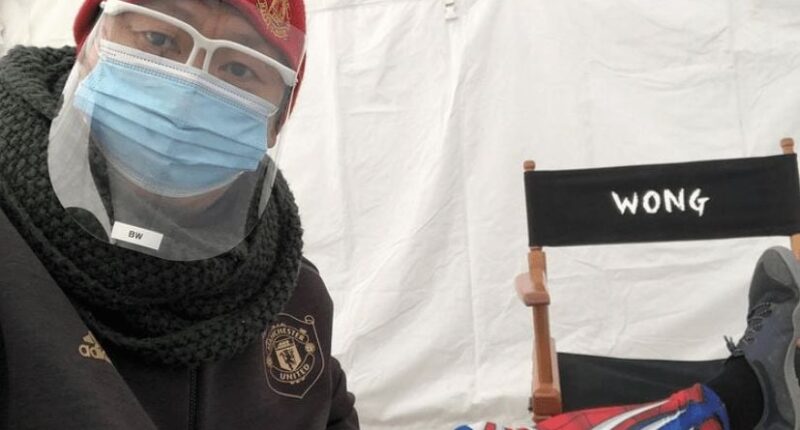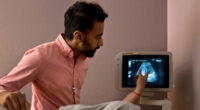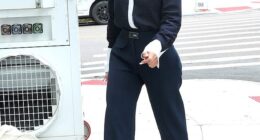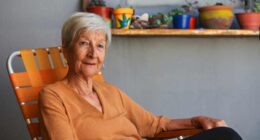The release of Doctor Strange in the Multiverse of Madness brought a whirlwind of excitement to Marvel fans and movie buffs alike. Yet, beneath the surface of this cinematic spectacle lay a series of challenges that tested the mettle of its cast and crew. In this article, we’ll peel back the curtain to reveal the darker side of filming for Doctor Strange 2, shedding light on the hurdles that were overcome to bring this story to life.
The Unseen Adversary of COVID-19
The shadow of the COVID-19 pandemic loomed large over the production of Doctor Strange 2. The health crisis introduced not just delays but a myriad of health risks and logistical nightmares. As the world grappled with uncertainty, so too did the filmmakers, who faced an ever-shifting landscape that impacted their filming schedule. The pandemic’s effect was akin to a persistent villain, unseen yet omnipresent, disrupting the normal flow of movie-making magic. 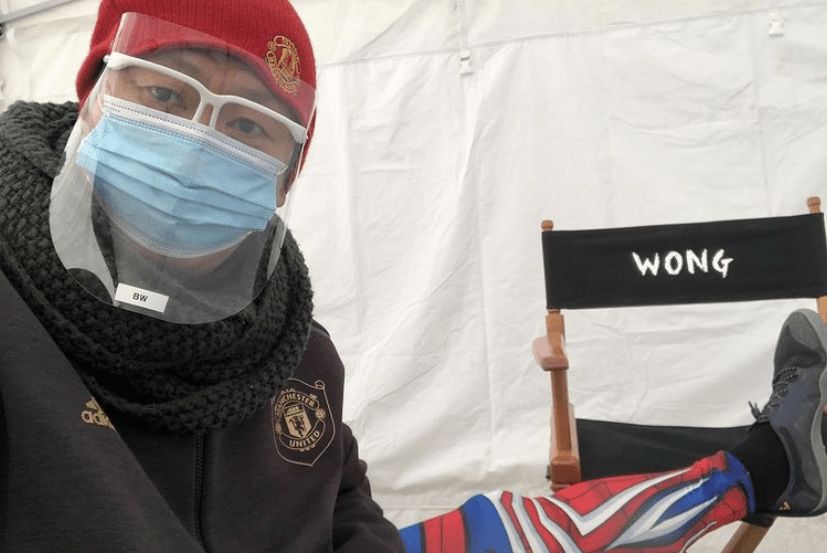
A Shift in Vision
Midway through its journey from script to screen, Doctor Strange 2 experienced a seismic shift. Director Scott Derrickson’s departure due to creative differences led to Sam Raimi’s appointment as the new helmsman. This change brought with it a fresh perspective but also a sense of upheaval as pre-established plans were upended. Raimi and screenwriter Michael Waldron had to rewrite the entire script from scratch, a testament to their dedication but also a source of immense pressure. 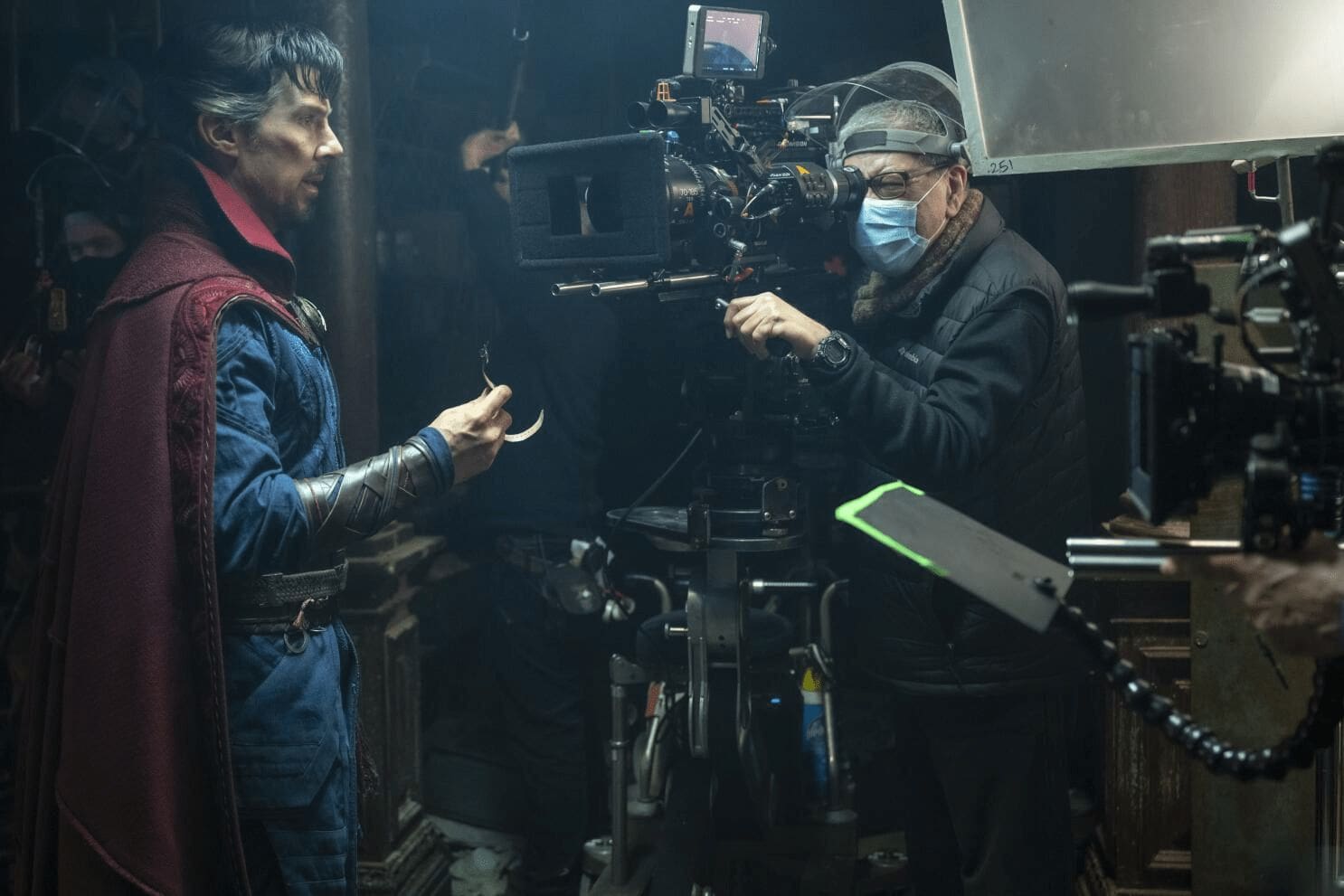
Elizabeth Olsen Juggles Dual Marvel Duties
WandaVision had only just wrapped when Elizabeth Olsen transitioned into filming for Doctor Strange 2. Portraying Wanda Maximoff required her to shoulder intense emotional anguish, suggesting potential burnout from back-to-back projects. The weight of her character’s trauma and Olsen’s dedication to her craft raised questions about the toll such a demanding schedule could take on an actor’s well-being. 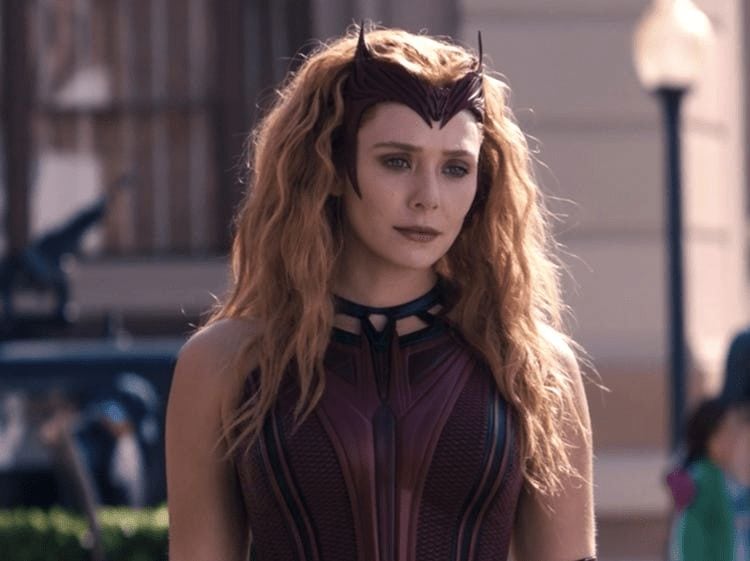
The Herculean Task of Special Effects
The visual spectacle that is Doctor Strange 2 owes much to its special effects team, who faced Herculean tasks to create otherworldly dimensions and creatures. The pressure to deliver within tight deadlines was palpable, with high expectations for quality and innovation weighing heavily upon their shoulders. This intense focus on visual excellence speaks volumes about the commitment behind the scenes, where every pixel and CGI element was meticulously crafted under immense pressure. 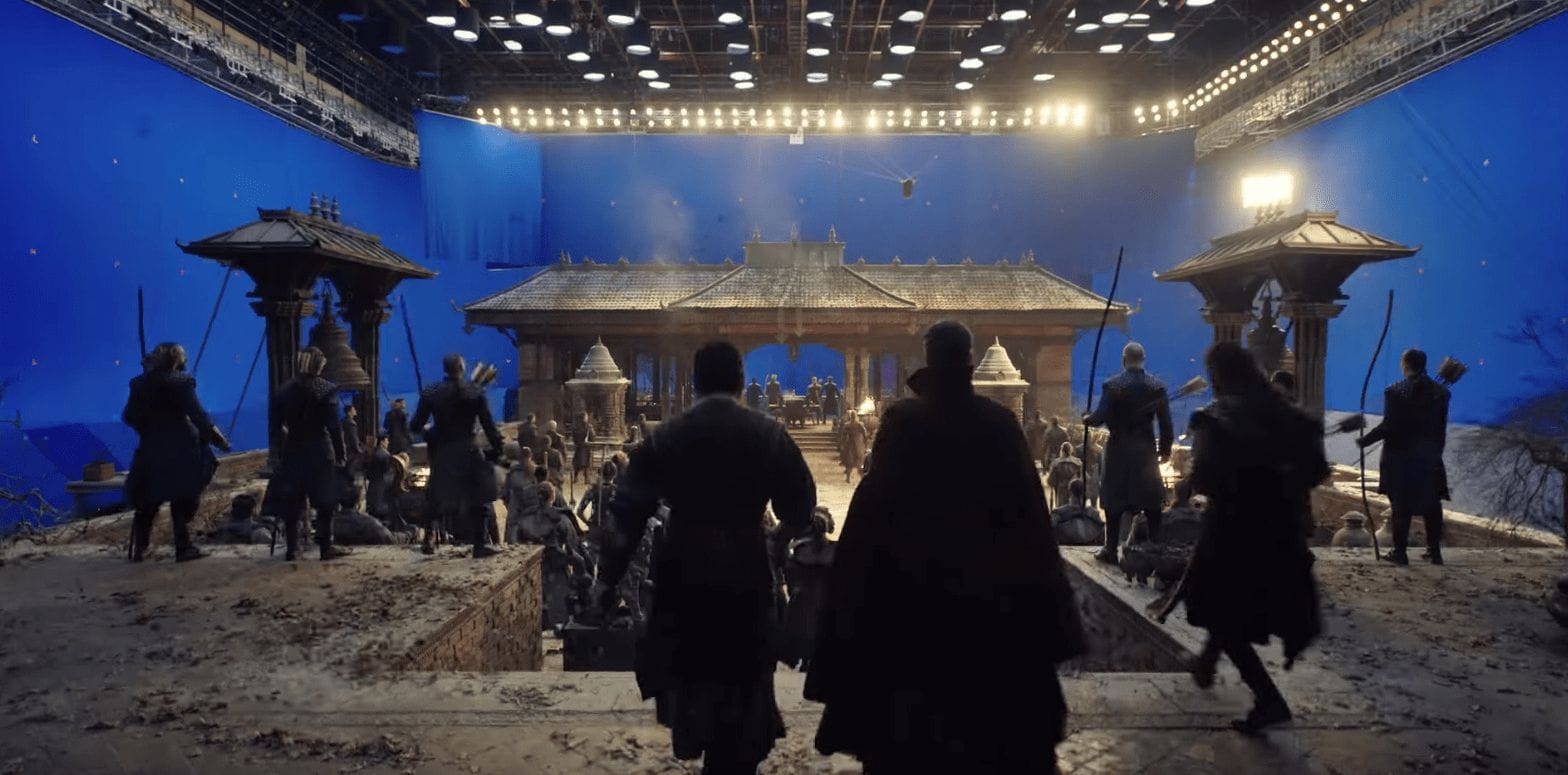
Benedict Cumberbatch Faces Multidimensional Challenges
Benedict Cumberbatch didn’t just reprise his role as Doctor Strange; he embodied multiple iterations of the character. From ponytail-sporting variants to zombified and dark-sided Stranges, Cumberbatch’s performance demanded a great deal both physically and emotionally. This dual role showcased his versatility but also highlighted the complexities involved in bringing such diverse personas to life within a single narrative thread. 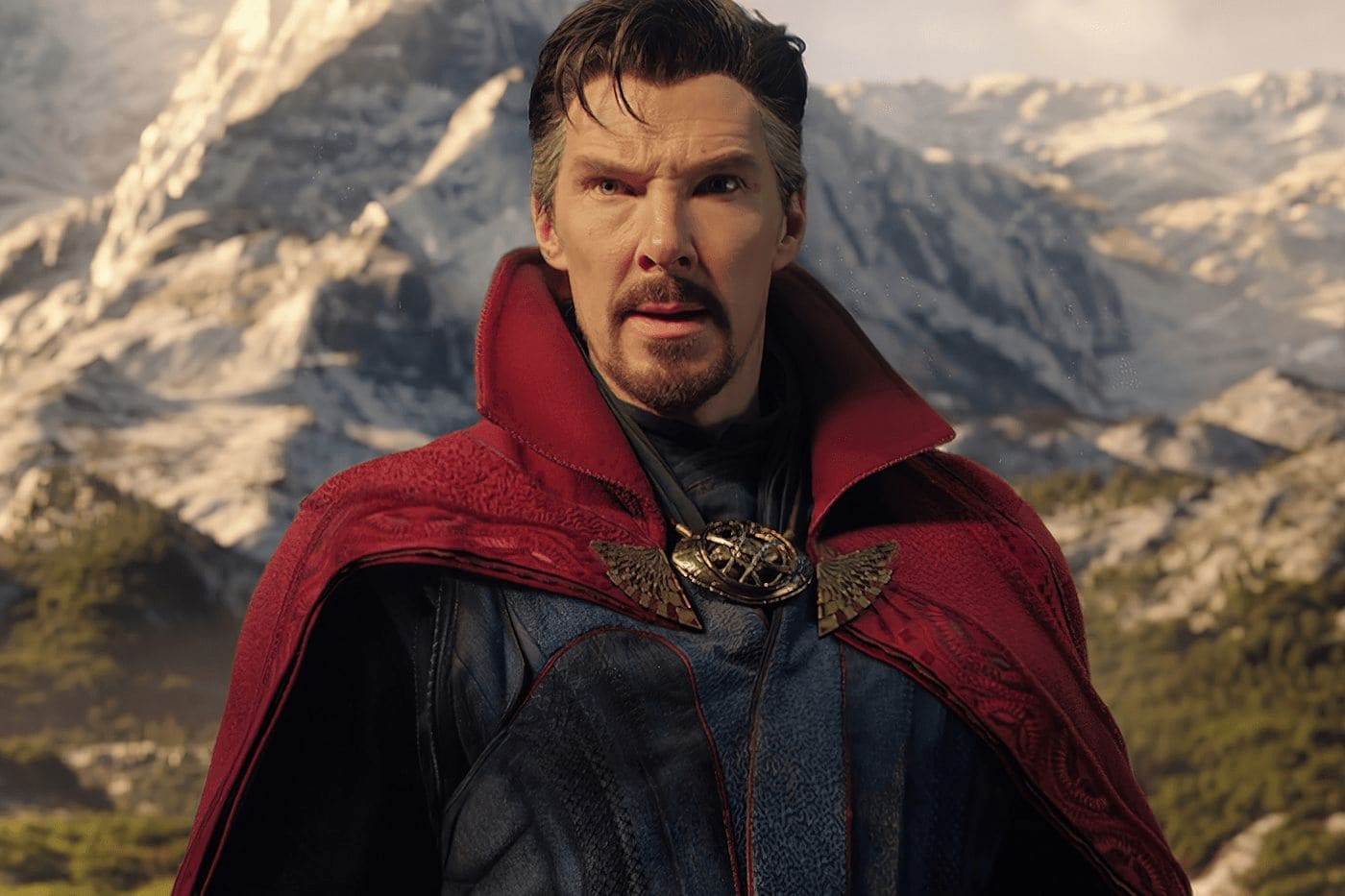
The Reality of On-Set Hazards
Filming any major motion picture comes with its share of risks, and Doctor Strange 2 was no exception. While specifics on injuries are scarce, Benedict Cumberbatch himself experienced an allergic reaction after shooting in an apple orchard, highlighting the unforeseen health hazards that can arise on set. These incidents serve as reminders of the physical toll that filmmaking can exact on its stars.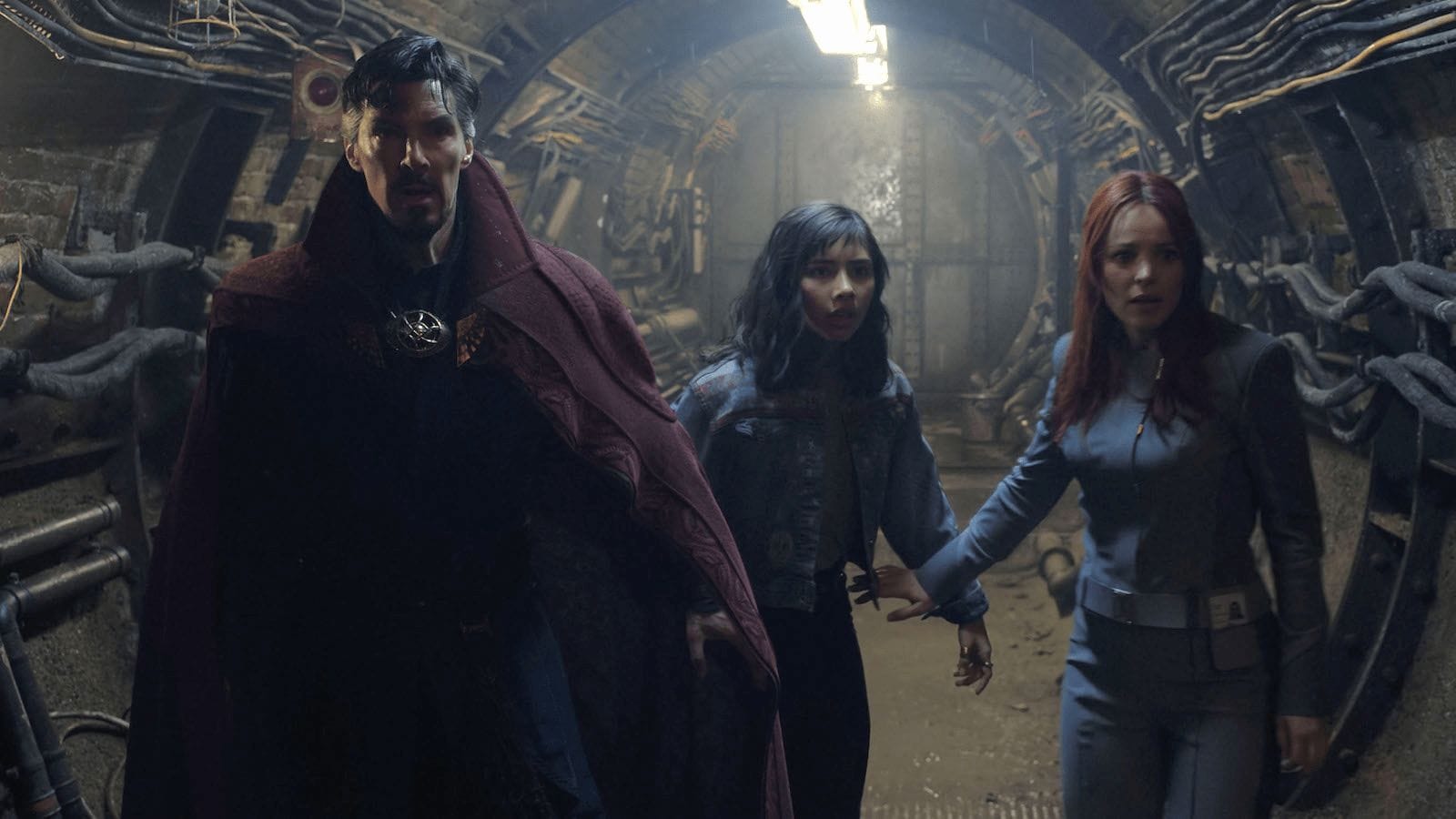
The Final Crunch Time Reshoots and Deadlines
The final stages of production were marked by tight schedules and extensive reshoots, adding layers of stress and fatigue for everyone involved. Raimi himself admitted that every part of the moviemaking process became too intense due to these extended periods. This not only challenged their stamina but also their ability to maintain creative momentum amidst constant script revisions and reshoots.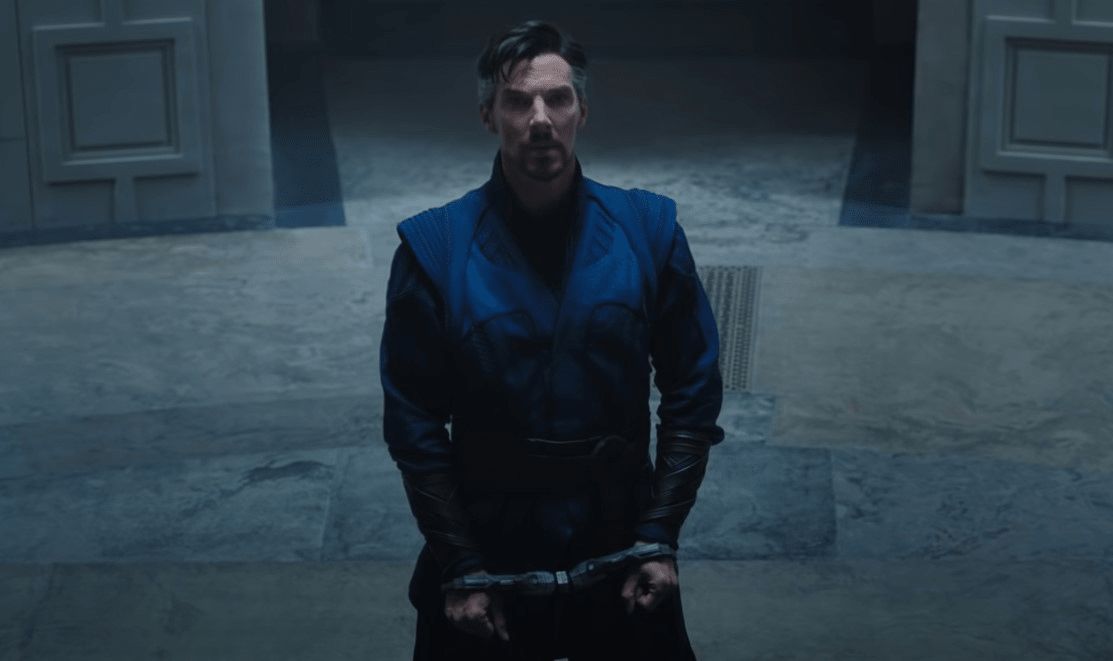
In conclusion, while Doctor Strange in the Multiverse of Madness has been celebrated for its bold storytelling and visual flair, it’s important to recognize the resilience and dedication that powered its creation. The cast and crew faced an array of challenges that tested their limits but ultimately led to a film that stands as a testament to their hard work and passion for storytelling.
